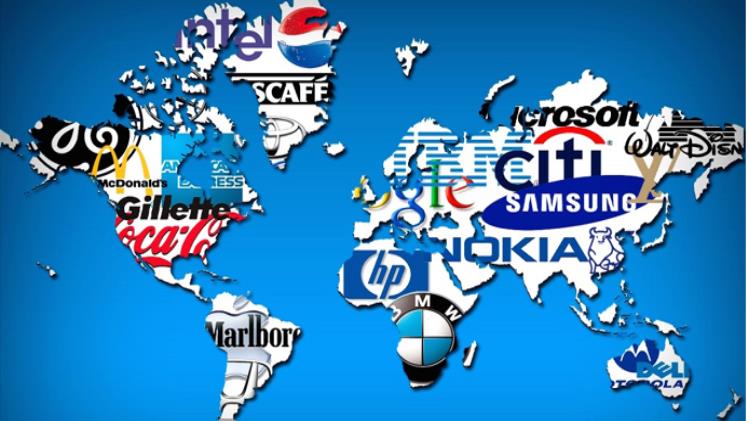The control and application of data elements is the key to the development of digital economy, and the world’s major countries and economies are actively promoting the construction of the rule system of data governance. However, due to the differences in development level, economic scale and ideology among countries and regions, the global data governance rules are bound to be fragmented and camped out. MNCs’ personnel, business and customers cover multiple jurisdictions, which may trigger the flow of different types and quantities of data between countries and regions, and these situations will bring challenges to MNCs’ cross-border data governance compliance.
Challenges faced by MNCs conducting cross-border data business
As countries and regions around the world begin to pay attention to and regulate cross-border data flows, multinational companies begin to face various challenges in conducting global business based on cross-border data flows.
Multinational corporations are essentially using global resources to serve global markets, so globalization is their basic characteristic, including both the globalization of people, business and customers, as well as the globalization of technology systems and data. Because the U.S. is far stronger than other countries in digital technologies, products and services, all major countries and regions have varying degrees of data localization constraints, except for the U.S., which generally supports the free flow of data across borders. In fact, the U.S. itself also has data localization requirements in special areas such as health, telecommunications, and credit. Thus, a huge gap arises between the globalization characteristics of multinational companies and the localization constraints of data governance. In addition, the increase of long-arm jurisdictional rules accompanying data localization constraints has further impacted the globalization of MNCs. For example, the provisions of the U.S. Clarifying Lawful Use of Offshore Data Act may conflict with the local data rules of several countries and regions.
Suggested countermeasures for MNCs to deal with cross-border data governance challenges
The global economic form is gradually shifting to a digital economy, and the ability and extent of data utilization will become one of the core competencies of MNCs and will be conducive to shaping their competitive advantages in the global market. Therefore, MNCs must take necessary measures to deal with cross-border data governance challenges, which is an important proposition that MNCs must answer in the era of digital civilization.
Strengthen the R&D investment and application of data governance technology
Data as a governance object is very dependent on technical systems and platforms, and data governance requires synergy between policy research and technical R&D, and so does cross-border data governance. Multinational companies can enhance the capability and level of data governance by increasing investment in technological innovation, and solidify the foundation of cross-border data governance. For example, in scenarios where cross-border data may involve personal information, blockchain, multi-party secure computing, data identification and corroboration technologies, etc. will be able to play an important role. China’s Data Security Law clearly states that “the state supports research on data development and utilization and data security technologies.” The government should encourage technological innovation to meet the goals related to data governance and to meet the demands and concerns of the state, enterprises, and individuals.
Many third-party backup companies provide users with dependable data protection options. Vinchin Backup & Recovery is a fantastic virtual machine protection program that allows for customizable backup and disaster recovery.
Automatic backup: For the most popular virtualizations on the market, the software enables several backup schemes with a programmable timetable through LAN-Free transmission (VMware, XenServer, Hyper-V backup and etc.). Unless the mail warns, the entire backup process does not require human oversight.
Back up all of your critical data: There are far too many examples of businesses losing data and never recovering it. Backups allow you to keep running your firm in the case of a disaster or a cyber attack. Cloud data backup can also help you gain confidence and courage in the face of extortion.

